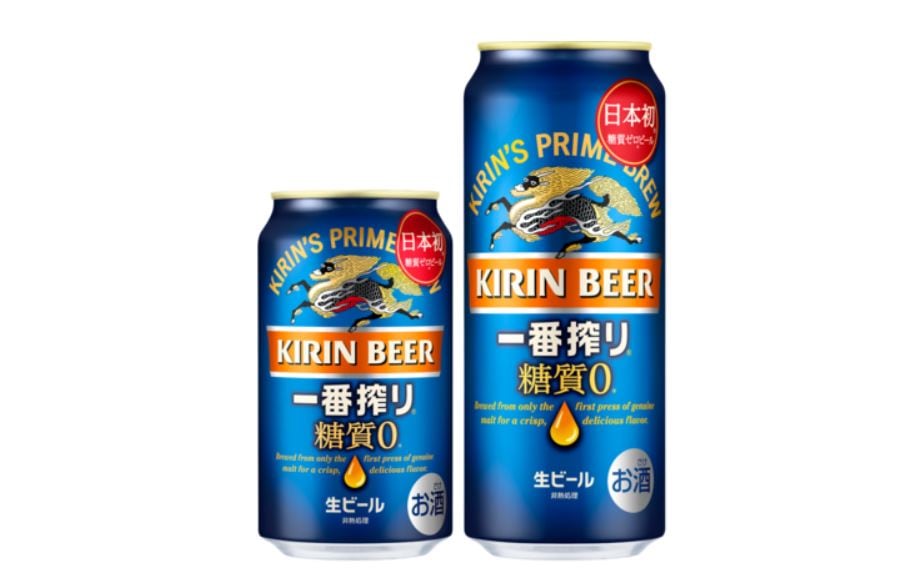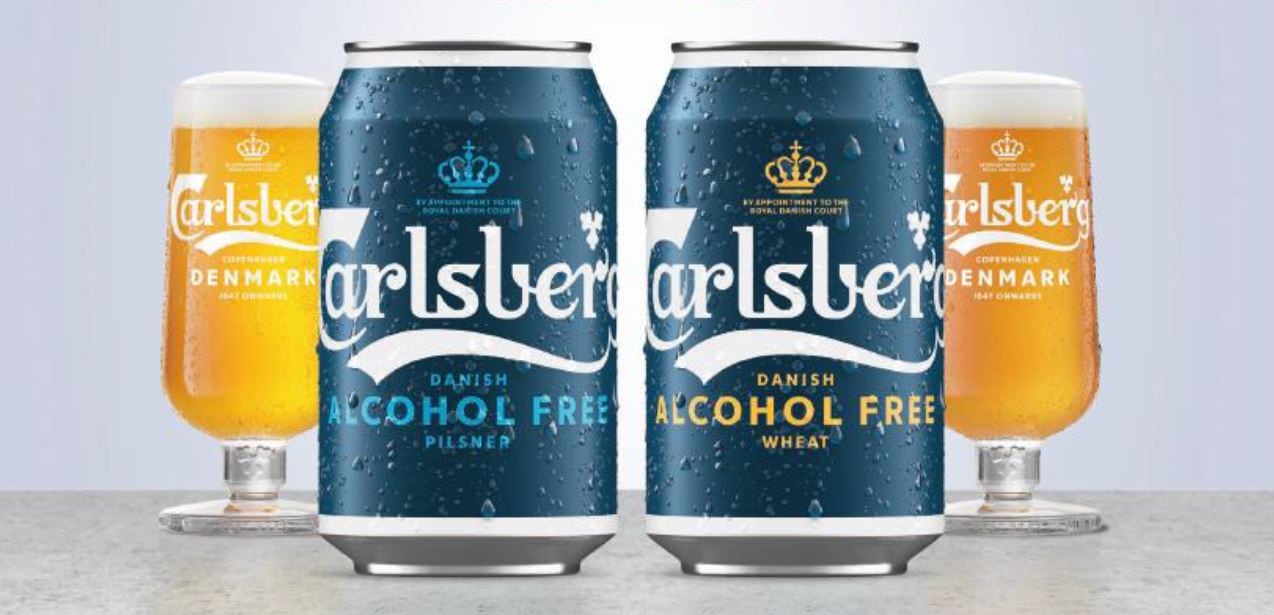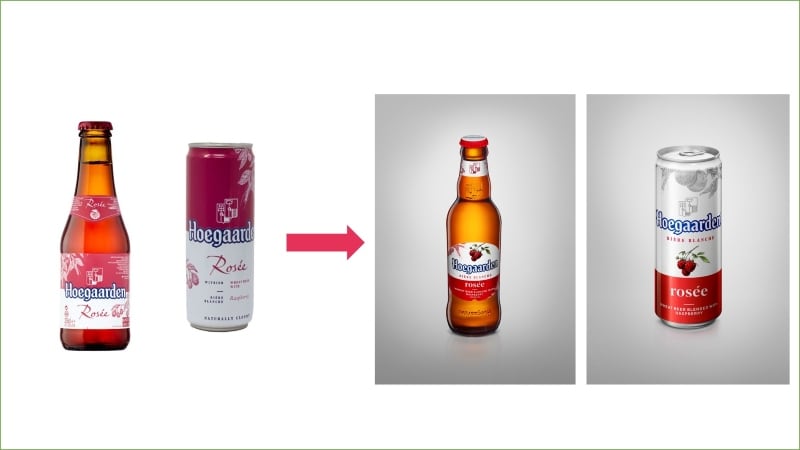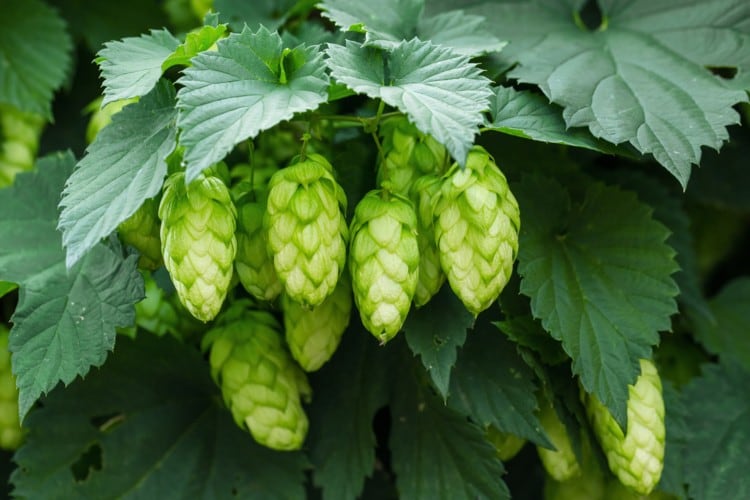The new product, marketed as Kirin Ichiban Zero Sugar, is an addition to its existing Kirin Ichiban line. This comes after five years of R&D and more than 350 test prototypes.
According to the Food Labelling Standards in Japan, products with less than 0.5g of sugar per 100ml can be labelled as zero sugar. The original Kirin Ichiban beer contains 2.6g of sugar per 100ml.
Kirin Holdings spokesperson Ataka Takashima told FoodNavigator-Asia: “Given that reduced-sugar and zero-sugar beer-like products make up a high proportion of sugar-free products, we saw a higher consumer need for this product.”
“In addition, we aim to revitalise the beer category in Japan through a new value proposition for beer, that is both tasty and contains zero-sugar.”
This will be Japan’s first zero-sugar alcoholic beer, where most zero-sugar products are typically categorised under non-alcoholic beers, happo-shu (malt liquor) or ‘new genre’ beer-like beverages.
Production process
Takashima explained that the brewery refined its carbohydrate decomposition technology to achieve its zero sugar status.
“The carbohydrate decomposition technology controls the enzymes that break down the starch so that they work properly and make the carbohydrates into a size that is easy for the yeast to ‘eat’ and (Kirin) has also established a fermentation technology that allows the enzymes to break down the starch more efficiently.”
“By using more stringent controls and energetic yeast than normal beer, we are able to reduce the amount of sugar left over and achieve zero sugar.”
Taste-like, it is comparable to its existing Kirin Ichiban beer. It has an alcohol content of 4%, and will be manufactured in three of Kirin’s factories.
The new product will be available across convenience stores, supermarkets and e-commerce nationwide and will retail for around JPY228 (US$2.10) for 350mL and JPY299 (US$2.80) for a 500mL can (before amendments to the Liquor Tax Law).
Changes to liquor tax
This October, Japan will also amend its Liquor Tax Law which will see beer taxes reduce by around JPY7 (US$0.06) for 350mL.
Takashima expressed: “(This will) make it easier for customers to purchase Kirin Ichiban Zero Sugar as well as beer overall as opposed to happo-shu or ‘new genre’ products. This is expected to increase (Kirin’s) sales volume in the medium- to long-term including this new product.”
Japan’s happo-shu (malt liquor) or ‘new genre’ beer-like beverages have lesser restrictions than beer. These co-called quasi-beers are made from malt alternatives that are cheaper, and its sales falls under a lower tax bracket.
The brewery was proud to be the first in Japan to produce a zero-sugar beer, she added.
“It was a great achievement to create a zero sugar beer, going beyond a reduced-sugar product.”
According to Takashima, its Kirin Ichiban line grew 98% in sales year-on-year.




